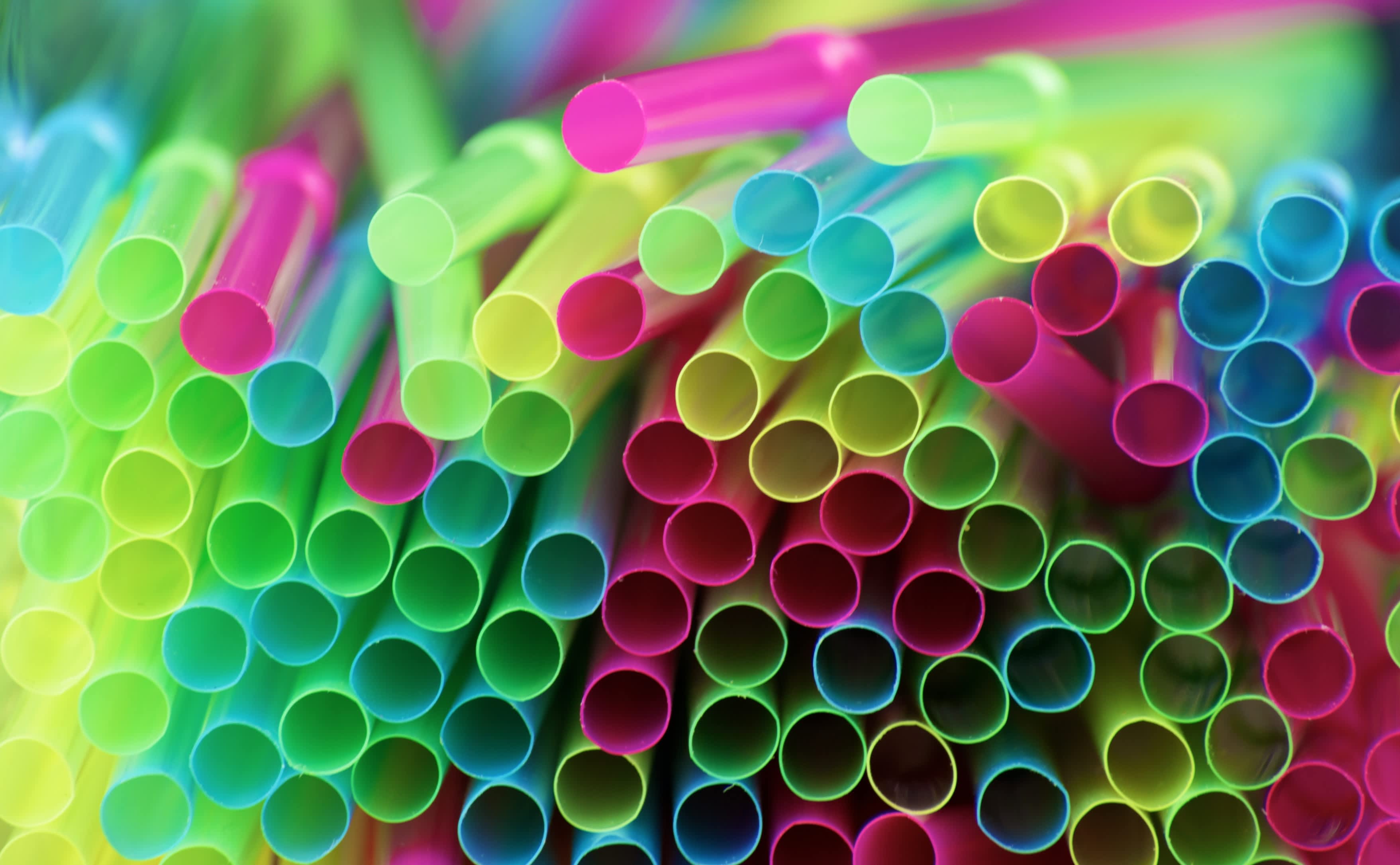In bid to tackle pollution, England bans plastic straws, stirrers and cotton buds

Tanya Ketterer | EyeEm | Getty Images
A ban on plastic straws, cotton buds and stirrers in England came into force on Thursday, in the latest attempt to mitigate the effect of plastic pollution on the environment.
There are some exemptions to the newly-introduced measures: people with certain medical conditions and disabilities will be able to ask for plastic straws at restaurants or pubs, and can buy them from pharmacies.
According to the government, an estimated 4.7 billion plastic straws, 1.8 billion plastic-stemmed cotton buds and 316 million plastic stirrers are used in England each year. A large number of these end up in the ocean, it said, harming wildlife and the environment.
A number of outlets had already started to move away from these types of products before England’s ban came into force. Many restaurants and bars, for instance, have replaced plastic straws with paper ones, and switched plastic cutlery and stirrers with biodegradable versions.
In a statement issued alongside the government’s announcement, Laura Foster, head of clean seas at the Marine Conservation Society, welcomed the ban.
She said the society’s annual “Great British Beach Clean” indicated that the number of cotton bud sticks littering British beaches was falling. On average, 31 cotton bud sticks per 100 meters of beach were found in 2017, she explained, compared with just eight per 100 meters on English beaches in 2019.
“This reflects that many companies have already made the switch away from plastic, in cotton buds and other items, something we need to see more companies doing,” she said.
Increased awareness
In recent years, TV shows such as “Blue Planet II” have raised awareness of the issue in the U.K. Presented by David Attenborough, the show highlighted the shocking impact plastic has on wildlife and the natural world.
Siôn Elis Williams, a plastic campaigner at Friends of the Earth, described the ban on plastic straws, stirrers and cotton buds as “welcome news,” but added that these items were “just a fraction of the plastic rubbish that pours into environment and threatens our wildlife.”
“The government must get tougher on plastic by including legally binding targets to stem the flow of all sources of plastic pollution in its Environment Bill, which is currently passing through Parliament,” he said. “Ministers must also do more to challenge the throwaway culture by forcing a shift away from all single-use and throw-away materials in favour of reusable alternatives.”
The rules introduced on Thursday were initially slated to take effect in April, but were pushed back by authorities. At the time, they cited the coronavirus pandemic and “disruption to businesses” as the reason behind their decision to delay.
The ban follows an announcement in August that the charge for single-use plastic bags in England would be doubled to 10 pence (around 13 cents) from April next year.
The last few years have seen several large businesses make moves to reduce their use of plastic.
Just last month, the Lego Group said it would look to phase out single-use plastic bags in its products by 2025, with a trial of recyclable paper bags taking place next year.
Meanwhile, in October 2019, consumer goods powerhouse Unilever said it would halve its use of “virgin” plastic by the year 2025.
The business, whose brands include Dove, Ben & Jerry’s and Lipton, said it would achieve this by cutting its “absolute use of plastic packaging” by over 100,000 metric tons and “accelerating its use of recycled plastic.” Virgin plastics are produced using raw materials, rather than recycled ones.




